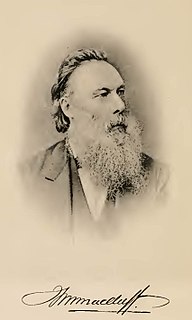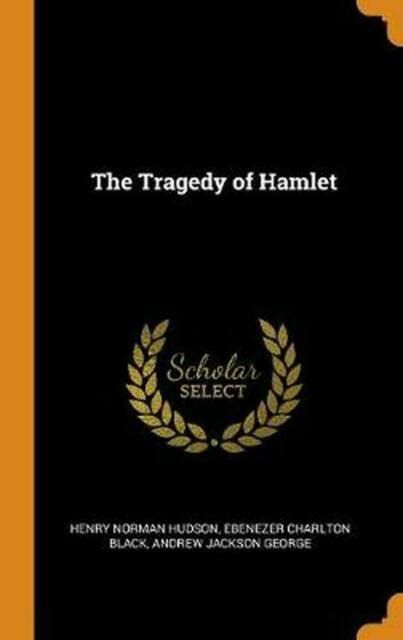A Quote by Luc de Clapiers
Conscience, the organ of feeling which dominates us and of the opinions which rule us, is presumptuous in the strong, timid in the weak and unfortunate, uneasy in the undecided.
Quote Topics
Related Quotes
All the wants which disturb human life, which make us uneasy to ourselves, quarrelsome with others, and unthankful to God, which weary us in vain labors and foolish anxieties, which carry us from project to project, from place to place in a poor pursuit of we don't know what, are the wants which neither God, nor nature, nor reason hath subjected us to, but are solely infused into us by pride, envy, ambition, and covetousness.
Let us build a structure of peace in the world in which the weak are as safe as the strong ? in which each respects the right of the other to live by a different system ? in which those who would influence others will do so by the strength of their ideas, and not by the force of their arms. Let us accept that high responsibility not as a burden, but gladly ? gladly because the chance to build such a peace is the noblest endeavor in which a nation can engage.
Imagination is the organ through which the soul within us recognizes a soul without us; the spiritual eye by which the mind perceives and converses with the spiritualities of nature under her material forms; which tends to exalt even the senses into soul by discerning a soul in the objects of sense.
Although our moral conscience is a part of our consciousness, we do not feel ourselves on an equality with it. In this voice which makes itself heard only to give us orders and establish prohibitions, we cannot recognize our own voices; the very tone in which it speaks to us warns us that it expresses something within us that is not of ourselves.
Royalty is a government in which the attention of the nation is concentrated on one person doing interesting actions. A Republic is a government in which that attention is divided between many, who are all doing uninteresting actions. Accordingly, so long as the human heart is strong and the human reason weak, Royalty will be strong because it appeals to diffused feeling, and Republics weak because they appeal to the understanding.
As the Deity has given us Greeks all other blessings in moderation, so our moderation gives us a kind of wisdom which is timid, in all likelihood, and fit for common people, not one which is kingly and splendid. This wisdom, such as it is, observing that human life is ever subject to all sorts of vicissitudes, forbids us to be puffed up by the good things we have, or to admire a man's felicity while there is still time for it to change.
Liberal education, which consists in the constant intercourse with the greatest minds, is a training in the highest form of modesty. ... It is at the same time a training in boldness. ... It demands from us the boldness implied in the resolve to regard the accepted views as mere opinions, or to regard the average opinions as extreme opinions which are at least as likely to be wrong as the most strange or least popular opinions






































